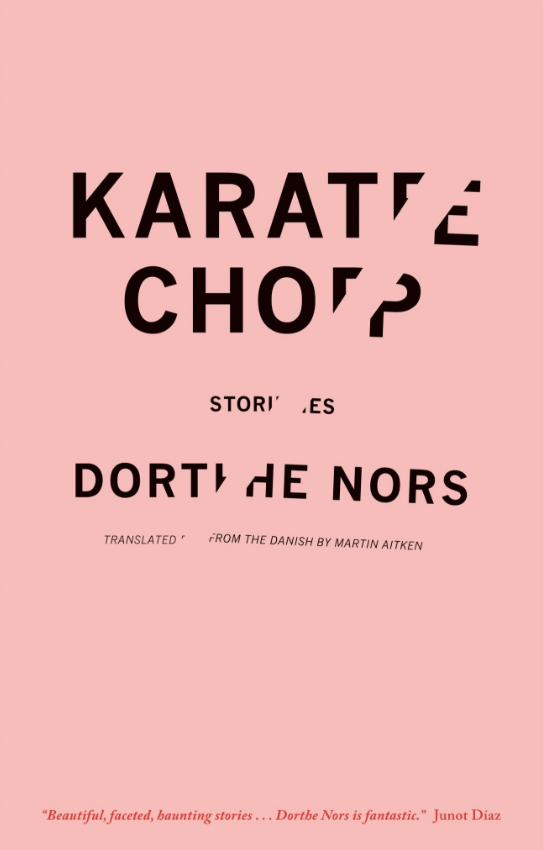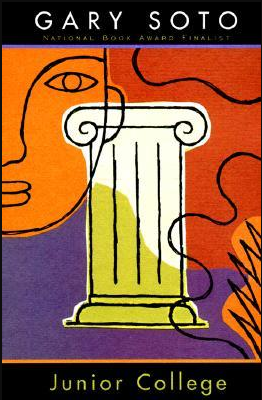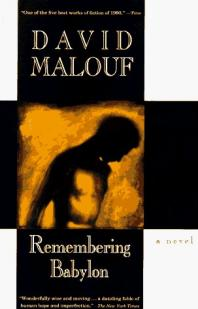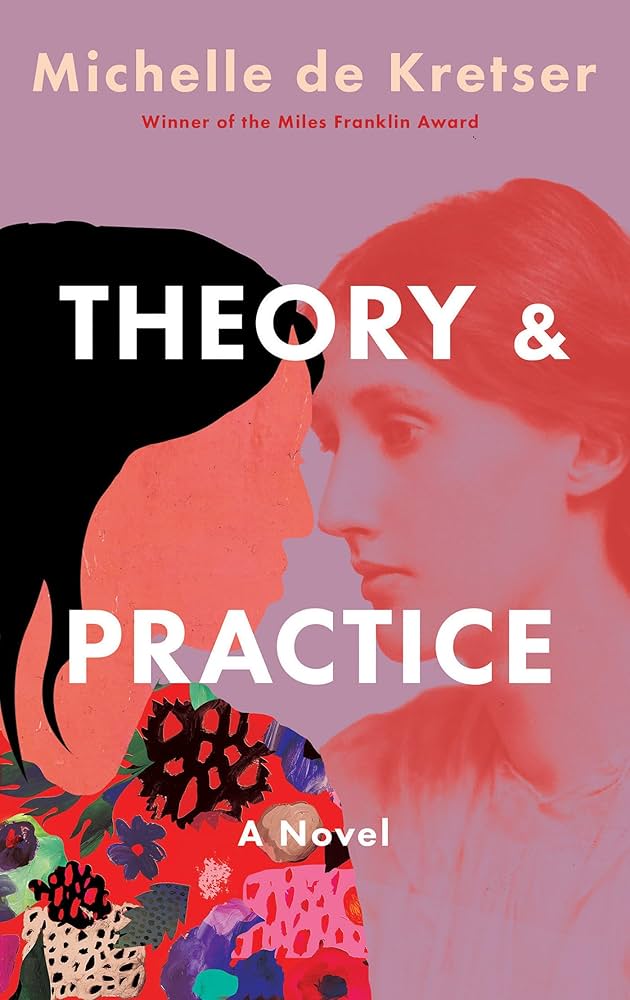Junior College by Gary Soto
Recommended by James Gill (Dispatches Editor):
Poetry has always informed my work as a prose writer, and this book is one I’ve always been particularly fond of. It was my first introduction to Gary Soto, which I read not long after its publication while taking a poetry workshop with Rodney Jones when working on my MFA in fiction back at Southern Illinois University, Carbondale. The first section of this collection of narrative poems is about Soto’s working class roots, his brothers and his uncle, what is was to grow up Mexican in California, his thoughts on religion—Catholicism and Buddhism in particular—and academia. They are fantastic. But the second part of the book focuses on the theme of the title: Soto’s experience going to junior college just out of high school. This is what struck me when first reading it, because it had only been a few years since I too split my days between working minimum wage jobs and trying to learn as much as I could at the local junior college. I hadn’t read this book in about a dozen years, and had kept my eyes out for it in every used book store I entered, when a few months ago on a visit to Powell’s in Portland, I finally came across a copy and was pleased the find the poems as fresh and relevant to me as they had been all those years ago. Now, I spend my days on the other side of the desk, teaching classes at two junior colleges, and Soto’s voice in these poems captures that experience perfectly, past and present.
Karate Chop by Dorthe Nors
Recommended by Edmund Sandoval (Fiction Contributor, Issue 08):
Dorthe Nors’s 15-story collection crackles with the force of a well-placed slap. They are short, the entire slim volume spanning all of 88 pages. No subject is off limits, from the whimsical to the horrifying. Within are tales that consider the travails of a delivery man and his four-pound tomato, a late-night web surfer who muses on the son of serial killer Aileen Wuornos, a woman in an abusive relationship, and a corrupt speechwriter turned Buddhist, just to name a few. Karate Chop is an apt title for a work that hits hard and fast and lingers long after the strike has landed.
Lolita by Vladimir Nabokov
Recommended by Elizabeth Witte (Associate Editor):
We all have those books we feel we should have read but have not, stories that are so much a known entity in the larger culture we feel we know them by proxy. But of course, we don’t. I read Lolita for the first time recently, in the midst of a self-imposed Nabokovian immersion program, of sorts: a month or so of reading his novels and novellas, listening to stories on various podcasts. And as I made may way in and through, the voice on the page, the characters and language and progression of the story I thought I knew (or would know), unfolded before me in ways I’d not expected. It was not entirely different, of course, my sense of the whole had been semi-accurate—major themes and all. But, at the same time, the whole became something other, the character of the narration and composition slightly askew and unfolding to reveal more and less than I’d anticipated.
Remembering Babylon by David Malouf
Recommended by Ralph Sneeden (Nonfiction Contributor, Issue 08):
Set in mid-19th-century Australia, this novel guts and complicates what Conrad explored with Heart of Darkness. It is also a variation of the lens that Faulkner trained on America with his character Joe Christmas, an edgy and provocative story that launches a troubling ride through one white settlement’s struggle with the ambiguities of race. At the molten center is the castaway Gemmy Fairley, who crosses back into the colonial community after years of living among the true locals. The premise is almost archetypal, but Babylon seems new and important with its late-20th-century sheen, its multiple perspectives. And its poetry. The adaptable voice of the roving omniscient narrator captures what ignorance, paranoia, fear, and compassion sound like thinking across a range of characters and in an evocative, undeniable setting.
Aeons by Max Rivto
Recommended by Elizabeth Metzger (Poetry Contributor, Issue 08):
Selected by Jean Valentine for a 2014 PSA chapbook fellowship, these are the most soulful poems I’ve read this year: “I have spoken to you of heaven—,” he writes, “I simply meant / the eyes are suns that see.” The afterlife is this life: a medical machine weeps, a hotdog explodes into a watery eternity, an “oracle speaks from the hill” of a lover’s ankle. The collection is as much about being brought repeatedly back to life as it is about dying. Aubades become elegies and the knock-knock joke of the soulmate is really an ode to her blood. The poetry revolves around a body indistinguishable from the mind. This is a campfire where pain, guilt, awe, and radical ebullience are not only welcome, they sing. Each poem is a brief universe, a verse for one soul at a time. Read these poems and you will feel the controlled pantomime of conflicted sensation. The poems become what they miss. Max Ritvo’s tragicomedy is instinctive, the eye contact by which we let ourselves be seen. Each poem is a devotion to being mortal, a voice wild with squeezing all the love there is for the world into the moment of a poem: “adore me to sleep before sleep can adore me on its own terms.” Adoration is the engine here. “Aeons” is a glorious elegy for the painter Melissa Carroll, but it is also for you. And in that sense, it is every possible future.








